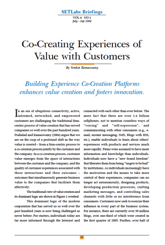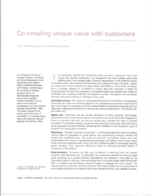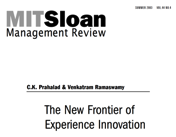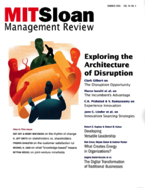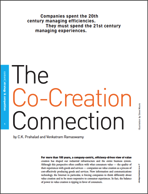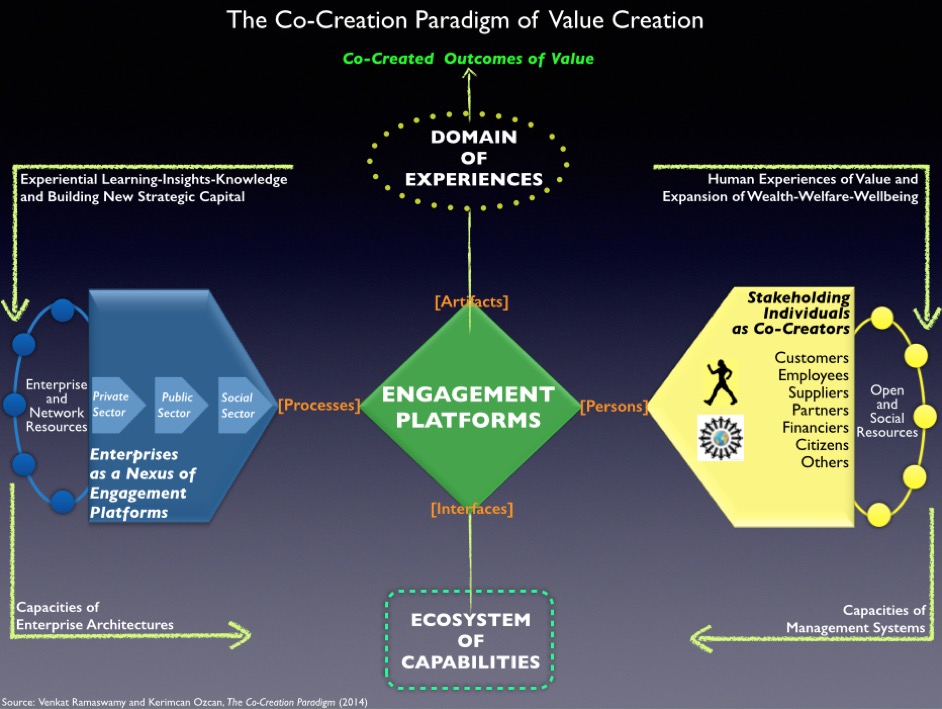
The Co-Creation Paradigm of Value Creation
Networked individuals around the globe are no longer passive and docile recipients of supply, thanks to digitization, globalization, advances in interactive communications and information technologies, social media, and ubiquitous connectivity. Rather, stakeholding individuals expect to be active participants and collaborators in the value creation process as co-creators of value. Co-creation is fundamentally a way of thinking about value creation that expands value with a “win more—win more” approach, together with individuals who are seen as both the means and ends of value creation.
The co-creation paradigm of value creation posits:
• interactions as the locus of value creation;
• jointly creating and evolving value with stakeholding individuals;
• harnessing open and social resources of individuals and their skills on the one hand, and enterprise and network resources of multiple private, public, and social enterprises on the other, as a joint resource base;
• innovating platforms of engagements as the means of connecting joint value creation opportunities with joint resources;
• leveraging ecosystems of capabilities based on meshworks of social, business, civic, and natural communities to engender new value creation capacities;
• individuated experiences as the basis of outcomes of value; and
• wealth-welfare-wellbeing as the basis of joint aspirations.
Co-creation expands value creation as a paradigm in three fundamental ways:
• how we conceive the intensive construction of value—value as enactment of agency through creative, intentional, integrative, and transformative platforms of engagements;
• how we frame the actual nature of value—value as being embodied in dialogic, transparent, accessible, and reflexive domains of stakeholder experiences; and
• how we deepen the virtual sources of value—value as emerging from inclusive, generative, linkable, and evolvable ecosystems of capabilities.
It is the purposeful innovation and engagement design of assemblages of persons, processes, interfaces, and artifacts that make for an effective co-creation engagement platform. The early movement of co-creation emphasized those individuals who were typically not included in the process of value creation, such as consumers. For instance, there were clearly delineated roles of producer and consumer. The former’s role was to produce products that embodied value and enter into a process of exchange with consumers whose role was to consume products. Supply versus demand, with distinct roles of producers and consumers, was the bedrock of how markets, and by implication economies, were conceived. But, letting go of fixed roles, treating every individual as someone with a say in value creation and recognizing that others’ perspectives on interactions, outcomes, and value may not necessarily coincide with one’s own are critical. In this sense, co-creation is not only about intensifying engagements with those that are already included but also engagements that are multisided and designing systems of engagements purposefully by recognizing the creativity, intentionality, integrativity, and transformativity of interactions in creating value together.
Enterprises must engage all stakeholding individuals as active co-creators of value. All entities that affect or are affected by the actions and outcomes of a value creation process can be co-creators. Value is subjective and not only varies from individual to individual, but also within individuals in the context of their experiences in space and time. The meaning of value is thus a function of human experiences, and products and services are a means to this human experience-based embodiment of value. By definition, individuals are an integral part of creating experience-based value, and their creativity is relevant to the outcomes of experience-based value. Engagement platforms are both offerings and the means to create those offerings. Individuals must be engaged as stakeholders in value creation on the same level as enterprises.
As individuals jointly create and cultivate outcomes of change through engagement platforms, the domains of stakeholder experiences are where value is actualized and embodied. Therefore, enterprises must pay attention to the configuration of co-creation experiences. Experiential learning, insights, and knowledge must be plowed back into the (re)design of engagement platforms. Enterprises must build ecosystems of capabilities in the social, business, civic, and natural communities in which stakeholders exist and enterprise operations are enveloped in. In the co-creation view, customers and all other stakeholders are seen as expanding the firm’s competence base (resources and skills) in a process of joint value creation together. Co-creation can occur inside enterprises with employees as stakeholders; externally with customers, suppliers, partners, and other external stakeholders; and within and across the private, public, and social sectors. Convergence of value creation based on individuals’ experiences in economy and society necessitates that all enterprises, whether private, public, or social sector, must engage people both individually and collectively. Private, public, and social enterprises must build ecosystems of capabilities centered on the wealth-welfare-wellbeing of all individuals.
Adapted from: Venkat Ramaswamy and Kerimcan Ozcan, The Co-Creation Paradigm (Stanford Business Books, 2014).
Preface to the Co-Creation Paradigm
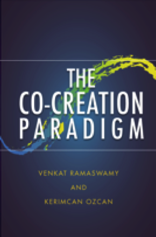
Read More:
View/Download
Introduction to the Co-Creation Paradigm

What is the significance of this new age of engagement?
Read More:
View/Download
Strategy and Co-Creation Thinking

Venkat Ramaswamy and Kerimcan Ozcan. 2013. "Strategy and Co-Creation Thinking." Strategy and Leadership 41 (6): Special Issue: The Value Co-Creation Innovation.
View/Download
A Ten-Year Perspective on How the Value Co-Creation Revolution is Transforming Competition

Interview in the Special Issue of Strategy and Leadership on The Value Co-Creation Innovation, on the Tenth Anniversary of The Future of Competition.
View/Download
Embracing the Co-Creation Paradigm

View/Download
Co-Creating Development
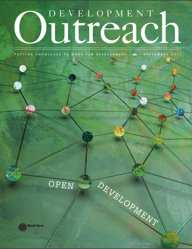
Ramaswamy, Venkat. 2011a. "Co-Creating Development." Development Outreach 13 (2): 38-43.
View/Download
Co-creation of Value - Towards an Expanded Paradigm of Value Creation

Ramaswamy, Venkat. 2009. "Co-creation of value - towards an expanded paradigm of value creation." Marketing Review St. Gallen no. 26 (6):11-17.
View/Download
Co-Creating Experiences with Customers - New Paradigm of Value Creation
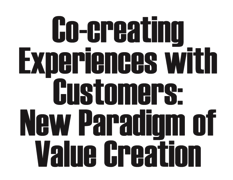
Ramaswamy, Venkat. 2005. "Co-Creating Experiences.” Tata Journal of Management July:6-14.
View/Download
Experience Co-Creation - The New Frontier of IT
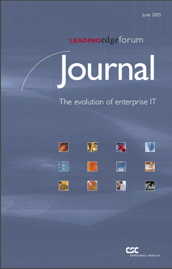
Thanks to David Moschella and Doug Neal.



The Pick of This Year's Crop of Books - BusinessWeek Top 10 Books of 2004
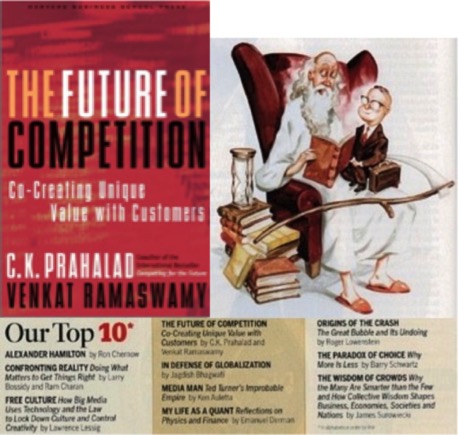
BusinessWeek
Top 10 Book of 2004
To respond to forces that are shaping consumer behavior, corporations may need to partner with their customers, say C.K. Prahalad and Venkat Ramaswamy in The Future of Competition: Co-Creating Unique Value with Customers (Harvard Business School Press). Only by letting individual corporate customers and consumers fashion products and services will business leaders escape the trap in which their products' only distinction is price, say the two professors at the University of Michigan Business School.
Reviewer Steve Hamm found that the "provocative" book lays out "how to change organizational behavior to make co-creation natural rather than an isolated, heroic act." The authors have sweeping change in mind: Alterations must be made to every corporate function, from product development to sales and marketing. Indeed, what the duo contemplates is nothing less than the democratization of commerce.

View/Download
Co-Creation Experiences-The Next Practice in Value Creation
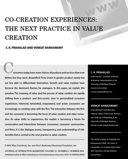

JIM Top Article.
View/Download

